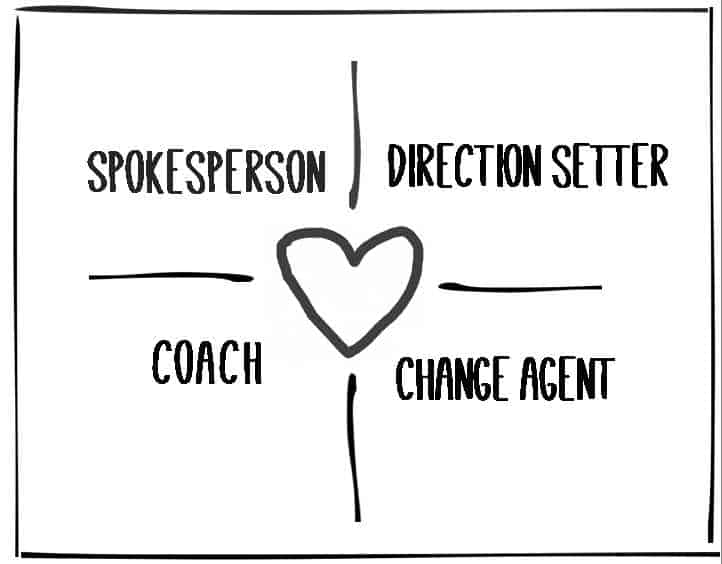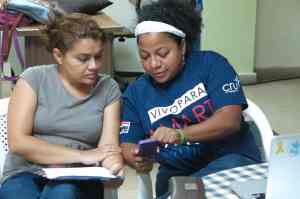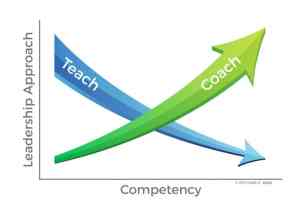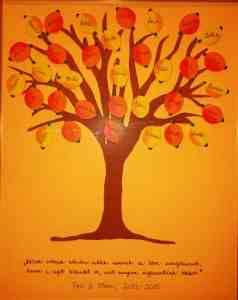Our Leadership Framework helps define who a leader is and what a leader does in our movement. I think it is brilliant, and everyone I have shared it with (including those outside our organization) has felt it resonated with them. However, it is just a framework, and one of our challenges is putting “flesh on the bones” so we can apply it effectively in our lives and ministry.
Recently I had the opportunity to facilitate a Leadership Framework workshop for a Singapore New Team Leader equipping seminar. The participants had already covered much of the Leadership Framework content, so we wanted to focus on application.

Before the session, we asked them to 1) identify one challenge they were facing or goal to accomplish in their ministry and 2) determine the primary Role they would use to lead through the process. Then they were asked to write a plan for how they would use each Responsibility (Influence Skill) in the selected Role to address the challenge or complete the projected goal. When we met, one person shared their pre-work while others gave suggestions and feedback.
Nicholas, the AIA assistant team leader, started the exercise. He identified the issue of a lack of disciples in the ministry and a shrinking voice to influence athletes’ lives. His strategy was to develop a 3-year plan to increase their presence in five sports, and he decided that the primary Role needed would be Direction Setter. He then shared his plan for using each of the Influence Skills to help lead in that Role. The other participants contributed by asking clarifying questions and offering suggestions and feedback. Here is a summary of the results:
Vision Casting: agree on a compelling vision, cast the vision to the heart (not just the head), journey with them, make sure they know the “why” behind what we do, and make necessary adjustments to reach the vision.
Strategy Formulation (tactical collaboration): create a plan to achieve the vision, assign the right person to the right tactic, and offer programs and camps that promote the vision and increase their influence.
Aligning: ensure that everyone agrees with and can recite the vision, do team building and establish team norms, and use Position Focus conversations to align each team member with the vision.
Motivating: build morale and an atmosphere of encouragement on the team, care for athletes and staff and help them walk with the Lord, identify and address their pain points/struggles in reaching the vision, know them, and reward their good work.
It was a very engaging session, and Nicholas felt it was practical and helpful. The participants asked if they could continue the exercise into the next session with another person’s ministry challenge/goal!
Here is the worksheet we used for the exercise.
What are you doing to make the Leadership Framework more practical and easily applied in your staff members’ lives and ministries?
Please share your experience and best practices.










2人评论了“Applying the Leadership Framework”
I too, love how you used the framework in practical ways and wove it into their own challenges and goals. Great job. Love the post also, Dennis.
I love the way you’ve used the framework for problem-solving! Thanks for sharing the story, Dennis!